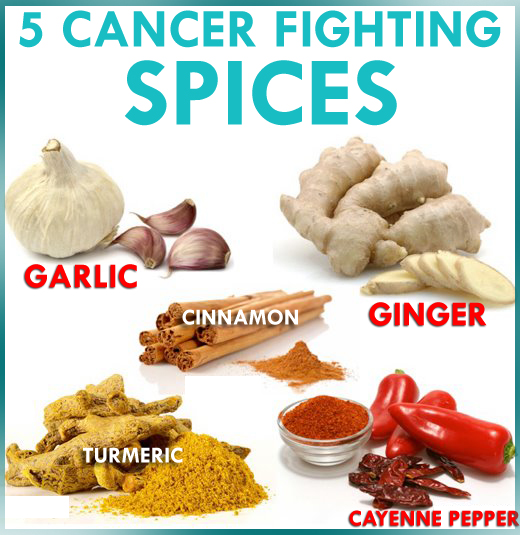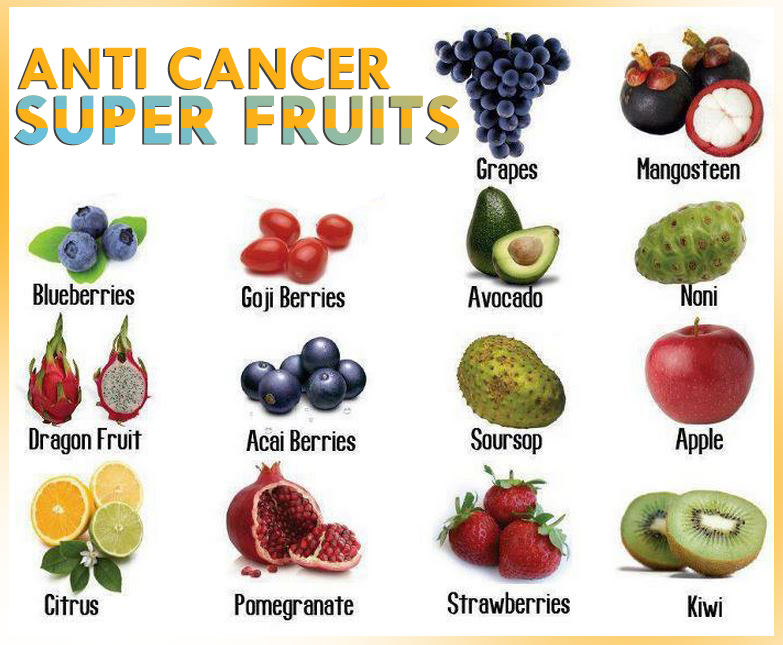 Tips for common problems during Cancer Treatment
Tips for common problems during Cancer Treatment
It can be very frustrating when the side effects of your cancer treatment interfere with your ability to eat a healthy diet, but there are still things you can do to take control and help yourself.
Low appetite or weight-loss
- Eat smaller, more frequent meals.
- If you can only eat a little, choose high-protein, high-energy foods.
- If your appetite is better in the morning, have your biggest meal in the morning.
- Don’t Drink between meals; drinking with meals may fill you up too quickly.
- Use liquid or powdered nutritional supplements between meals to increase your energy intake, e.g. Complan, Ensure etc.
- Take a walk before mealtimes to enhance your appetite.
Constipation
- Drink at least eight glasses of fluids each day to avoid hard stools. Vary with cold or warm water, prune or other juices, green or herbal teas.
- Eat high-fibre foods: fruits and vegetables, legumes and pulses, whole grain breads and cereals.
- Increase your physical activity.
Diarrhoea
- Get plenty of fluids to prevent dehydration; avoid caffeinated drinks.
- A high-fibre diet may worsen symptoms: try white bread, white rice and noodles instead of whole grains; limit legumes and pulses; peel fruits and vegetables to reduce the fibre.
- Avoid foods that are spicy, fatty, or very sweet.
Vomiting
- Keep the diet bland until you can tolerate more: start with clear fluids like juices, sports drinks or soups; progress to soft foods like yoghurt, mashed potato or rice khicdi.
- Keep your fluid intake up to avoid dehydration.
Nausea
- Sip fluids frequently to help settle your stomach.
- Eat smaller, more frequent meals: not eating at all can worsen nausea.
- Avoid fatty, spicy or high-fibre foods as well as gas-producing foods (like beans, onions, Peas, legumes, carbonated drinks and chewing gum).
- Eat sitting up; avoid lying down after a meal, unless the head is elevated.
Difficulty swallowing
- Aim for small, frequent, high-energy, high-protein meals in a tolerable consistency: cook foods until soft; cut foods into small pieces or purée; moisten foods with home prepared spreads, sauces or dressings.
- Eat food at room temperature if cold and warm foods are irritating.
- Use a straw for drinks.
Dry mouth
- Tart drinks like lemonade or sweet lime juice may help saliva production.
- Avoid salty foods.
- Moisten foods with home prepared spreads, sauces, dressings or gravies, or take a sip of fluid with each mouthful to help with chewing and swallowing.
- A straw may help to ensure you drink plenty of fluids.
 Taste changes
Taste changes
- Try new flavours; use different marinades, sauces, herbs and spices.
- Decrease the smell of food by serving cold or at room temperature.
- Add a little sugar to bitter or salty foods; add a pinch of salt to over-sweet foods.
- Keep your mouth clean by brushing and rinsing regularly; rinse with a baking soda mouth rinse: this will help keep your mouth clean without irritating a dry or sore mouth – dissolve 1/4 teaspoon baking soda in 250ml water.
Unintentional weight gain
- Check weight gain is not fluid retention caused by drugs; discuss with your clinician.
- Weight gain can occur when appetite increases, physical activity decreases, or food choices change. The advice is the same as for anyone needing to lose weight: focus on consuming a healthy diet, rather than dieting; take care with portion sizes; and consider increasing exercise.